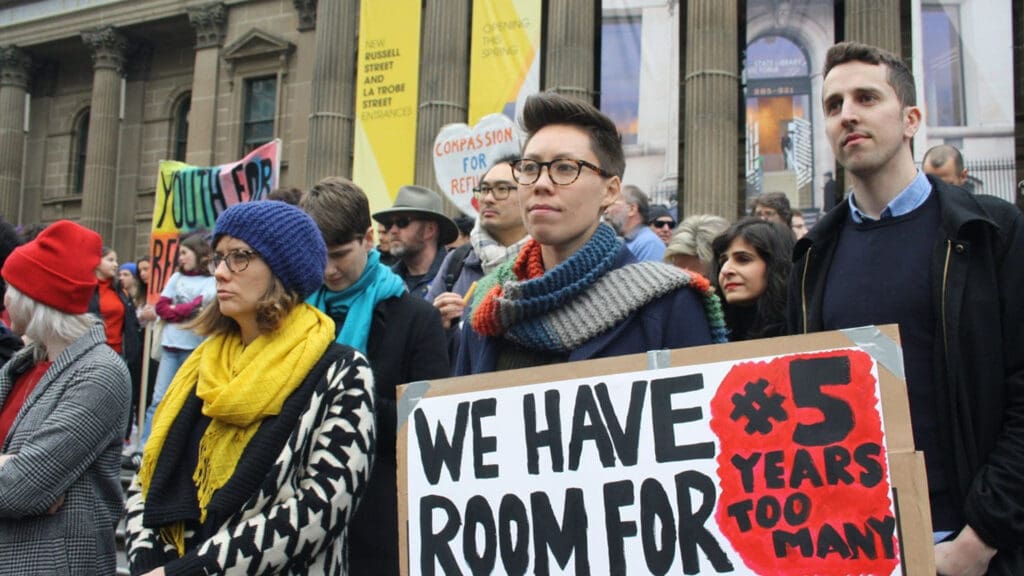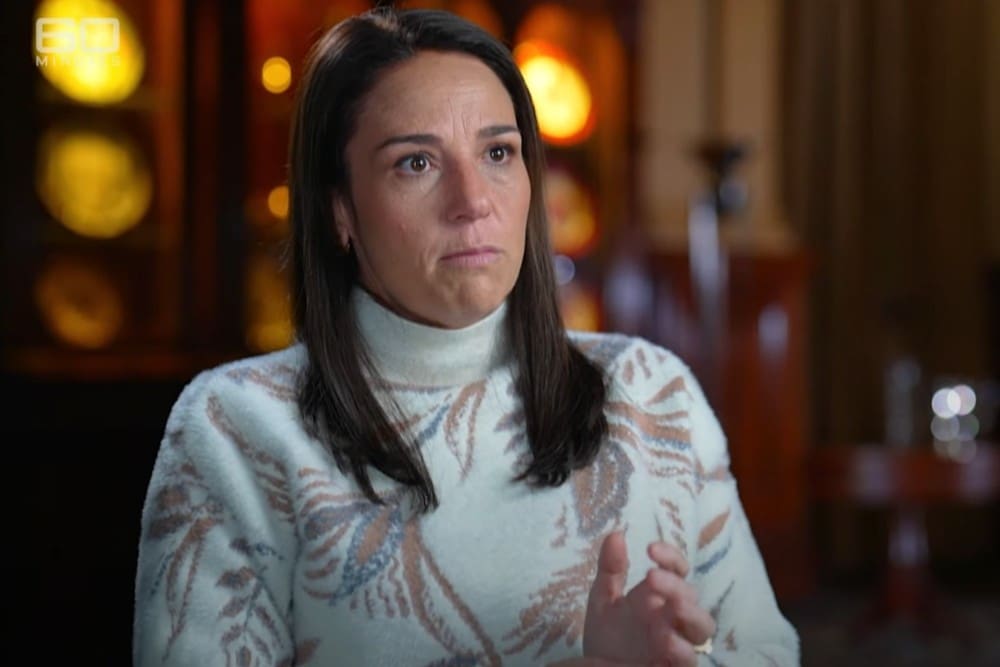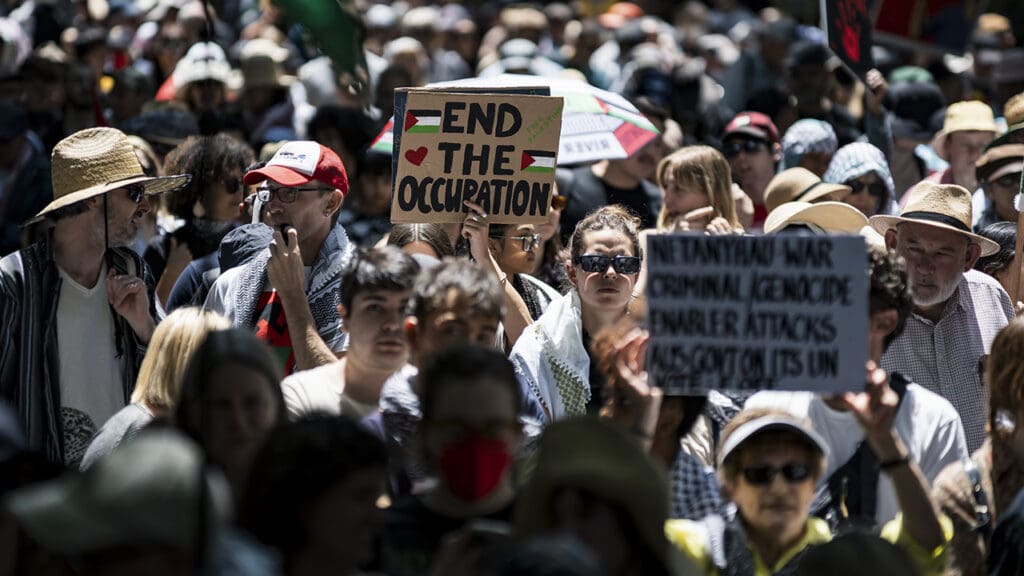Australia needs dedicated facial recognition technology law
The Human Rights Law Centre has welcomed the release of a landmark report on facial recognition technology (FRT) and called on the Attorney-General, Mark Dreyfus KC, to urgently regulate the technology to prevent human rights harms.
The report, Facial Recognition Technology: Towards a Model Law, by the University of Technology Sydney (UTS) Human Technology Institute, proposes a novel and comprehensive legal framework for regulating the use of FRT under Australian law.
Kieran Pender, Senior Lawyer, Human Rights Law Centre:
“Surveillance using facial recognition technology limits fundamental human rights. Our current laws were not drafted to address the challenges posed by facial recognition technology to human rights such as the right to privacy, freedom of assembly and association, freedom of expression and of movement.
“Right now Australian governments and corporations are using these technologies in an unregulated landscape, with few specific safeguards or oversights. This is a technology that comes with potential benefits, but also significant risks.”
The legal framework proposed by UTS would require the developers and deployers of FRT to undertake impact assessment processes, provide a range of safeguard and oversight mechanisms and prohibit the use of FRT in high-risk contexts, unless conditions are met. Under the proposal, the Office of the Australian Information Commissioner would be given increased powers to regulate the use of FRT.
“Facial recognition technology has the potential to disproportionately impact women and people of colour, given proven algorithmic biases. There are also concerns around the use of this technology to undertake surveillance on marginalised communities, activists, whistleblowers and journalists,” said Pender.
Under the model law, police and intelligence services would be prohibited from using FRT unless certain conditions – including a minimum seriousness threshold – was met. Law enforcement agencies would be prohibited from using FRT to identify whistleblowers or journalistic sources, to protect press freedom.
“The Attorney-General should heed the call of this report and use its model law as a starting point for a dedicated legal framework that regulates facial recognition technology in Australia. Together with the ongoing overhaul of the Privacy Act, these changes can ensure Australians’ right to privacy are adequately protected in the digital age,” added Pender.
The report, Facial Recognition Technology: Towards a Model Law, was authored by Professor Nicholas Davis, Professor Edward Santow and Lauren Perry. Human Rights Law Centre senior lawyer Kieran Pender served on the expert reference group to the report.
Media contact:
Michelle Bennett, 0419 100 519, michelle.bennett@hrlc.org.au

Allan Government’s kneejerk law and order response will not make communities safer from racism and hate crimes
Racist and antisemitic attacks, such as the horrific arson attack on East Melbourne Hebrew Congregation have no place in our community. Every person has the right to practice their religion without fear of intimidation or vilification, and to be protected from acts of hate speech, racism and violence.
Read more
ADF whistleblower breaks fifteen year silence on sexual abuse cover-up amid calls for stronger whistleblower protections
Former RAAF airwoman Julia Delaforce represented by the Human Rights Law Centre, has broken her fifteen year silence on alleged wrongdoing and sexual abuse which was covered up by the Australian Defence Force.
Read more
Minns Government must repeal draconian anti-protest laws
The Human Rights Law Centre is reiterating calls for the Minns Government to repeal its draconian anti-protest laws, following the excessive use of force from NSW Police at a protest, resulting in one protester sustaining serious injuries.
Read more



